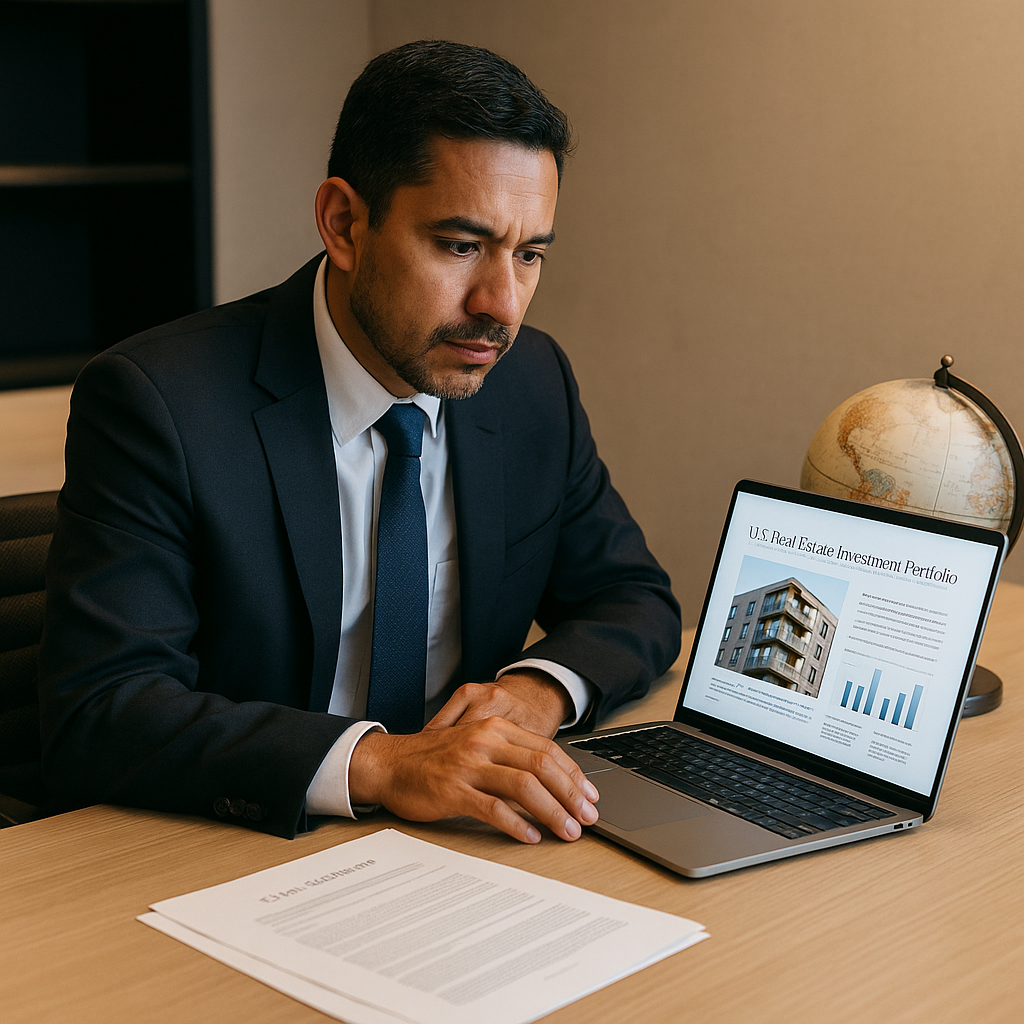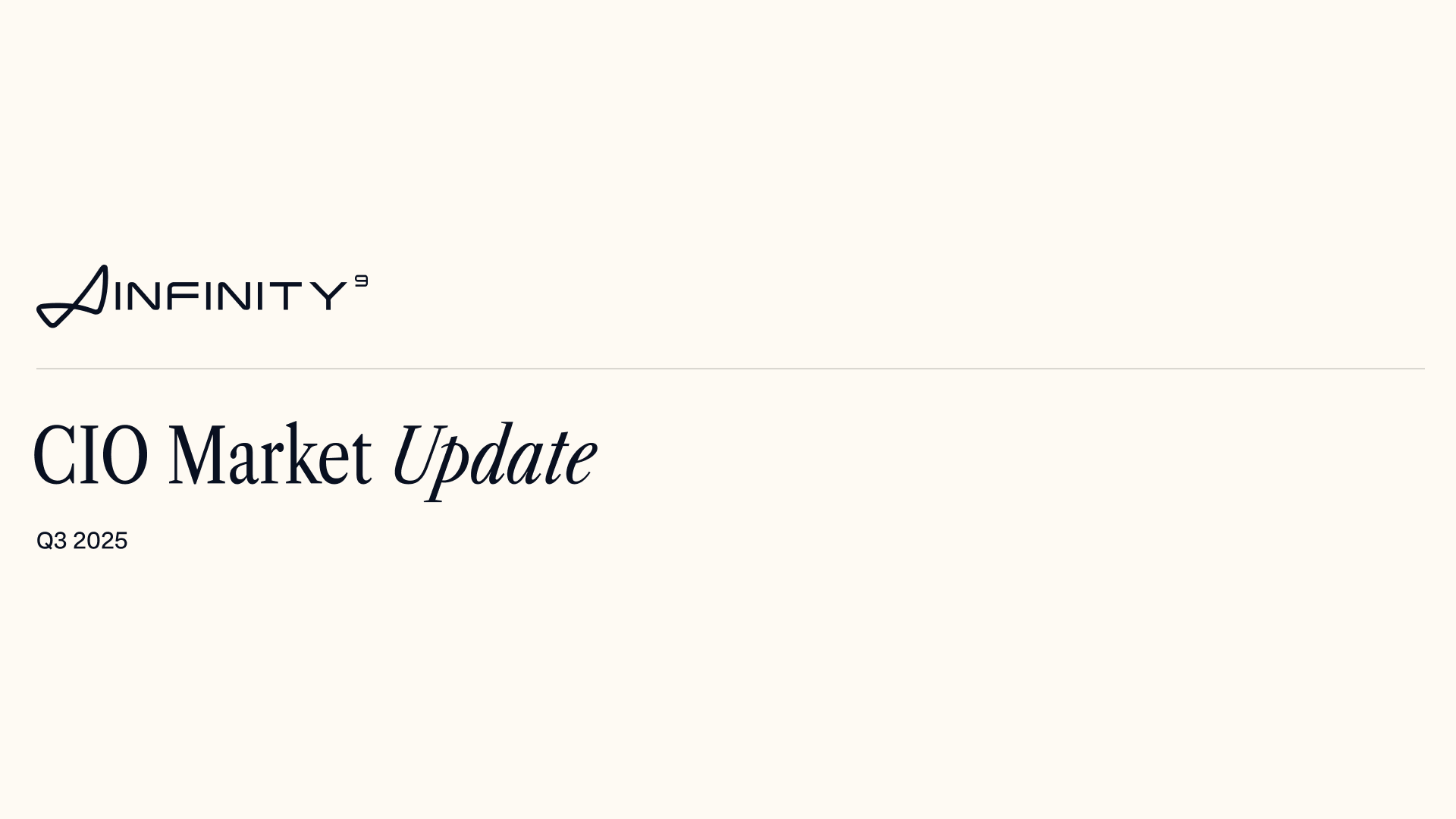Why Latin Americans Are Looking North
Whether you're in Quito, Bogotá, or Buenos Aires, the motivation is similar: protect your capital, access more stable markets, and generate long-term returns in stronger currencies. For many high-net-worth individuals in Latin America, investing in the U.S. feels like a financial upgrade—and in many ways, it is. But that doesn’t mean it’s simple or risk-free.
In fact, entering the U.S. market without the right structure can expose you to unnecessary taxes, legal complications, and even frozen assets. That’s why the most sophisticated investors treat U.S. investing not as a transaction, but as a framework.
At Infinity⁹, we call this the Capital Framework—a strategic structure that protects capital, supports long-term growth, and adapts to cross-border realities.
U.S. Investments Aren’t Just for Americans
Many investors assume they need a U.S. green card or residency to invest in real estate or private equity in the U.S. In reality, your money doesn’t need a visa. With the right legal and banking setup, Latin American investors can own institutional-quality real estate, participate in U.S.-based funds, and receive dollarized returns—entirely from abroad.
The key lies in setting up the proper foreign ownership structures, which often include:
- U.S. LLCs or LPs held by offshore entities
- International bank accounts compatible with U.S. transactions
- Pre-immigration tax planning (even if you never intend to immigrate)
- Estate planning to avoid U.S. inheritance tax exposure
The Tax Trap Few Talk About
Here’s a scenario we’ve seen too often: a Latin American family buys a U.S. property under their own names. Years later, one of the owners passes away, and their heirs discover a massive U.S. estate tax bill—often up to 40% of the asset’s value.
Why? Because non-resident aliens are only exempt from U.S. estate tax up to $60,000 in U.S.-based assets. Beyond that, your estate could be taxed heavily—unless you plan ahead with the right legal vehicle.
It’s not just about protecting money during your lifetime. It’s about protecting your heirs after you’re gone. That’s why every serious cross-border investor needs to consider both income tax exposure and estate tax planning.
Public Markets vs. Private Investments
Most Latin Americans start with what’s familiar: publicly traded U.S. stocks or ETFs. But once you reach a certain level of wealth, private investments often make more strategic sense.
Why?
- Better asset protection: Private entities can offer legal insulation.
- Dollarized cash flow: Real estate and private debt can generate stable U.S. dollar income.
- Less volatility: Private markets don’t swing with every headline or election.
- Access to institutional-quality deals: Especially through specialized firms like Infinity⁹.
Public markets serve a purpose, but they don’t build generational wealth the same way well-structured private holdings can. The strategy isn’t just about yield—it’s about control, longevity, and legacy.
What You Need to Get Started
If you’re serious about investing in the U.S. as a Latin American investor, here’s what you should have in place:
- A cross-border legal structure tailored to your country of residence and U.S. exposure.
- A compliant international banking setup that can receive U.S. income.
- A tax advisor familiar with both jurisdictions, not just one.
- Access to vetted private deals, not just public markets.
This is where working with a team like Infinity⁹ becomes strategic. We specialize in helping Latin American investors build secure, profitable U.S. portfolios that reflect their ambitions—not just the minimum compliance.
Final Thought: Don’t Just Transfer Wealth—Transform It
The U.S. market can be a powerful vehicle for growth and security. But without the right structure, it can also become a liability.
At Infinity⁹, we believe there are no bad markets, just bad strategies. With the right capital framework, your wealth can travel further, grow faster, and endure longer.







